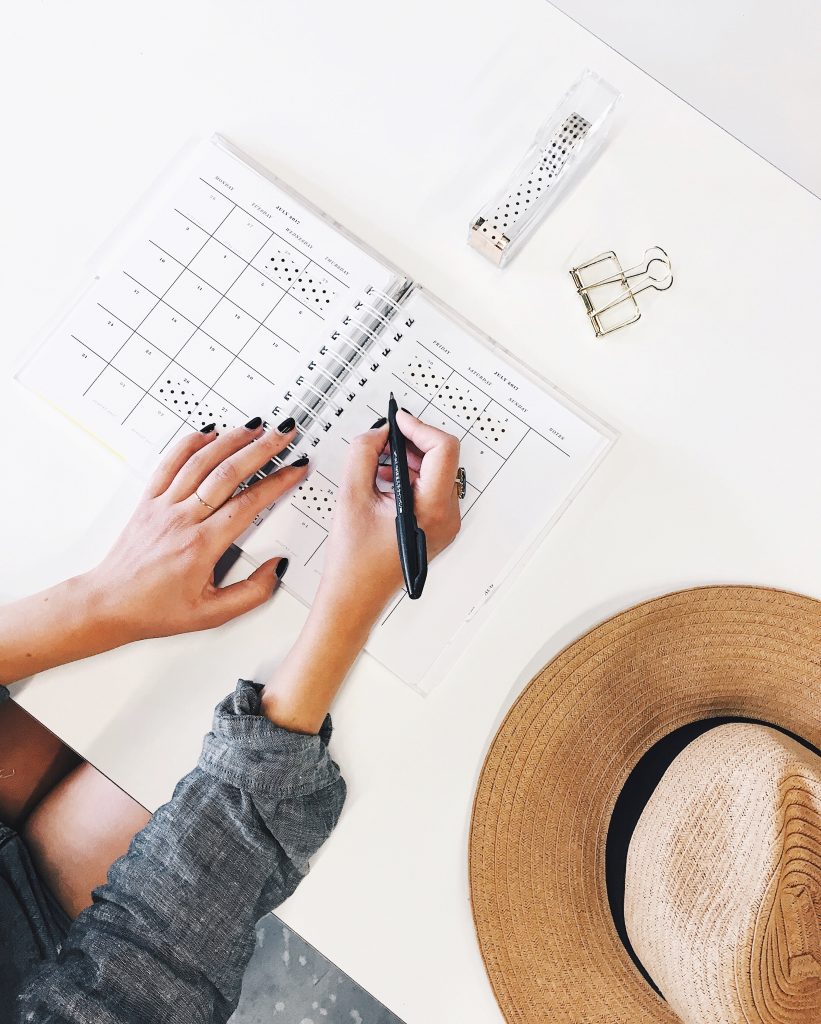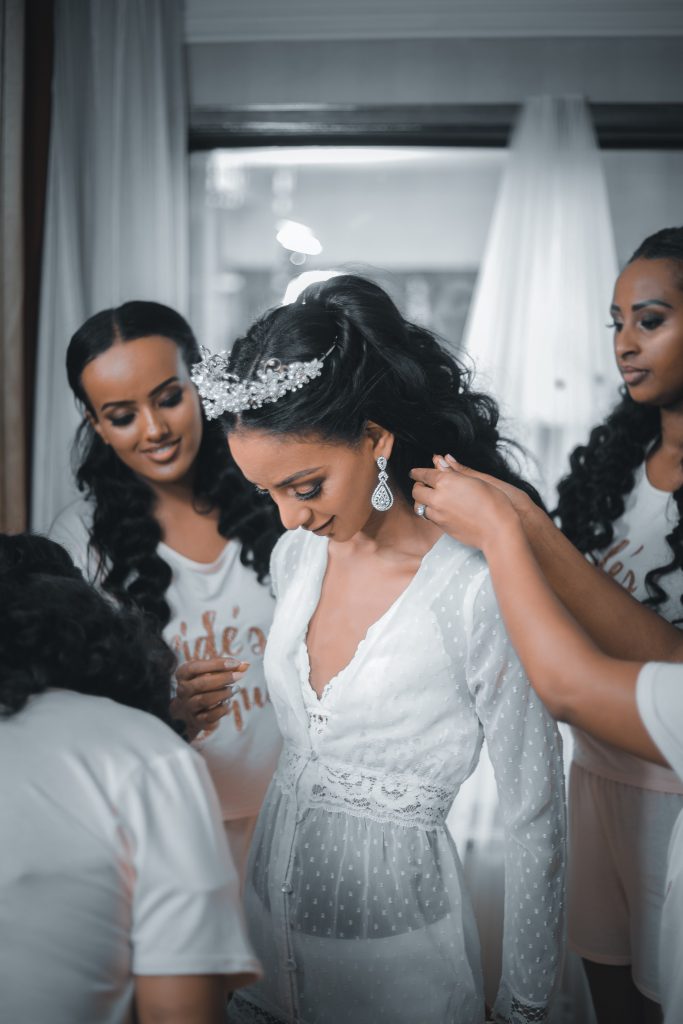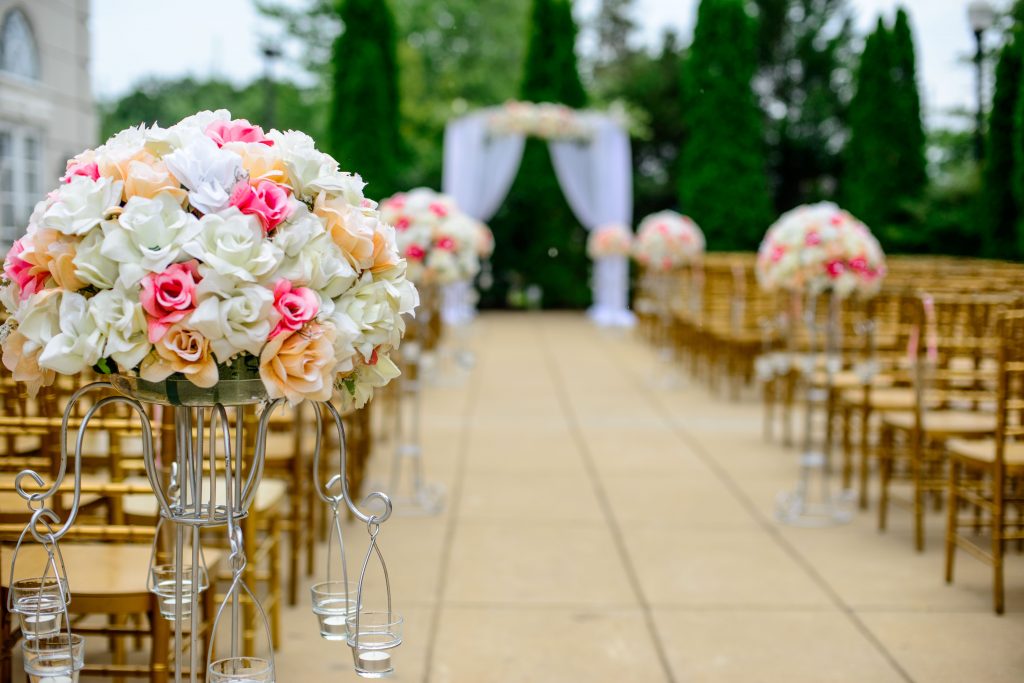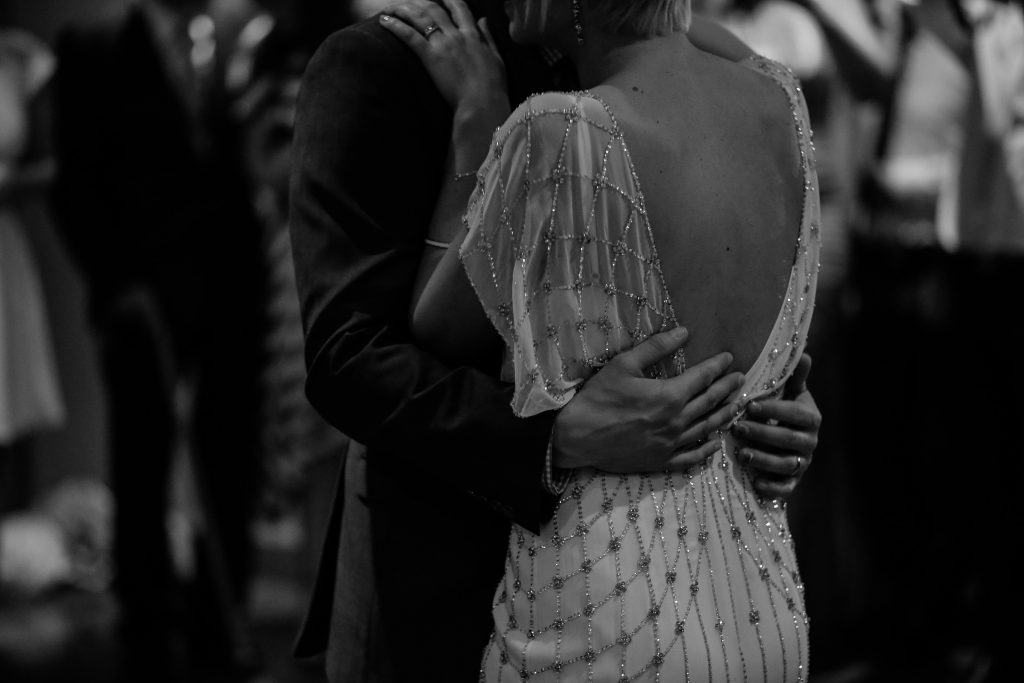
If you decide to hire a wedding planner, take the time to interview them to see if they are a good fit. Whether you want someone to handle all decision-making or you just need help executing your vision, it’s important to vet your wedding planner. Your wedding planner is one of the most important vendors because they will have hands in most (if not all) aspects of your wedding day.
So what do you ask your wedding planner? Ask your wedding planner to explain what’s included in the contract and how they will handle common issues that come up during the wedding. Those two questions will inform you: 1) what exactly you are paying for, and 2) how your planner prepares for crises. I wrote a more detailed checklist for you to bring when meeting a potential wedding planner.
Questions about Budget
How much do your wedding planners cost?
First things first, you need to know how much the wedding planner charges. According to the Knot, wedding planners might be more affordable than you think.
On average, a wedding planner costs about $1,500-$2,000 for day of coordination services, but you might score a deal if you live in a less expensive area. Expect to pay more if you live in a more expensive area or if you want full-service planning and design packages.
Not sure if you can afford a wedding planner?
You can check out my free budget guide if you sign up for my newsletter. It automatically calculates what you should spend where based on your budget and guest count and helps you stay on track. It’s like the fairy godmother of numbers.
Our budget is $X. Have you ever planned a wedding with that budget?
Weddings will have different needs according to their budget. For example, a $7,000 wedding will probably have a lot of handmade decorations to set up and take down. Meanwhile, a $50,000 wedding will involve coordinating a large event with the many vendors involved. If they seem put-off or intimidated by your budget, they are probably not the right wedding planner for you and your partner.
What’s included in the wedding planning package?
Some wedding planners offer a la carte pricing- meaning you pay per service they provide (e.g. finding vendors, managing contracts, sending invitations, setting up the venue, etc). Other wedding planners have full service planning packages, where everything is included for one price. Find out exactly what “full service” means to them, so you know what to expect. If you are on a tight budget, consider hiring just a day-of coordinator, instead of a full wedding planner. More on day-of coordinators below.

Questions about Logistics
Will you be the day-of wedding coordinator?
What is a day-of coordinator? The day-of coordinator is the person on site with a clipboard the day of your wedding. They make sure the event runs smoothly, and solve any issues as they come up. Some wedding planners are also day-of coordinators and some will delegate a staff member or another vendor to be your coordinator. If your planner is not your day-of-coordinator, ask how they will ensure someone else carries out your vision.
How many wedding planning staff will be there the day of my wedding?
For a large wedding, the planner (or coordinator) will likely have at least one assistant. A smaller wedding will probably just need the planner that day. You’ll need to know how many people are there so you can plan to have enough food for your vendors.
Does your wedding planner have your wedding day available?
If you have already set a date with your wedding venue, make sure your wedding planner is available that day. If you haven’t pinned down an exact date yet, you’ll have some more flexibility.
Does your wedding planner handle invitations?
Some wedding planners consider sending invitations and tracking RSVPs part of a full-service package, while others might offer it for an extra fee. The extra fee might be worth it if you and your partner don’t want to bother with spreadsheets. You can learn how to DIY your invitations here.
Does your wedding planner manage the vendor contracts?
There are two ways to handle vendor contracts: 1) The wedding planner enters a contract with each of the vendors or 2) You and your partner enter a contract with each vendor. If the planner is managing the contracts, that’s a lot less stress and coordination on you. However, then you have less control over your wedding. If you want to fire your wedding planner for instance (eek), you’ll be starting from scratch in planning since you don’t have any contracts in your name.
Does your wedding planner have liability insurance?
This might seem like a random question, but trust me, it’s important. If something unexpected happens and there is damage to the wedding venue, you don’t want to be on the hook for it. If your vendors are insured, the insurance will cover those costs.
Is there a back-up plan if the wedding planner cannot be there the day of my wedding?
Emergencies happen and your wedding planner might not be able to coordinate your wedding. They should have a contingency plan in place, whether that is sending another staff member from their company, or subcontracting with another trusted planner.

Questions about Experience
Has the wedding planner ever worked with your wedding venue?
You might have put down a deposit at your venue, or maybe it’s just your dream venue (for now!) See if your wedding planner has a relationship with that venue. They might have some insider knowledge on the spot that can come in handy. Additionally, talk to your venue before hiring your wedding planner. The venue might require you to use a planner from their list of approved vendors. More about wedding venues here. (link)
How many weddings have you planned before?
It’s important to ask how many weddings they have planned before, as opposed to just events or parties. Event planning has many of the same skills, of course, but weddings have an additional emotional element that you don’t see at corporate retreats. There’s a lot that can go wrong at a wedding, so don’t hire an inexperienced planner.
Do you have experience planning destination weddings?
Expect to pay a premium for a destination wedding planner. They will have a lot to coordinate from afar and you will be expected to pay for their lodging and travel. Consider whether you will hire a local wedding planner for your destination wedding or someone living at the destination. Your venue may have recommendations if you are looking at a destination wedding.
Have you ever planned a (pagan) (Jewish) (Indian) (same-sex) wedding before?
Every wedding is going to have its own unique cultural or religious details. If your culture has special wedding traditions, consider hiring someone from your cultural background or someone with a lot of experience who understands your culture. You don’t want an awkward faux-pas from someone who doesn’t get it.

Questions about Skillset
Does your wedding planner have references?
Ask for references to make sure the wedding planner is legit. They should have positive references from professional wedding vendors and from satisfied couples. You’re going to be spending a lot of money and spending a lot of time with your wedding planner for months leading up to your wedding. It’s worth it to make sure they haven’t had significant problems with other couples or professionals in the wedding industry.
How do you decide which vendors to recommend?
Your wedding planner can vet your vendors, so you don’t need to stress about them. Ideally, the planner should have a professional network of vendors who have good reputations. The last thing you want is some lukewarm food because the caterer sucks. One of the biggest pluses of working with a planner is his or her rolodex of amazing vendors.
How will you keep my family on schedule at the wedding?
Your wedding planner needs to be skilled at dealing with people. Part of being a day-of coordinator is making sure you and your partner’s parents are in the right places, the flower girls know where to walk, and a million other things that will happen. At the same time, you don’t want a planner that’s going to yell at grandma because she’s putting shrimp in her pockets. Ask what their strategies are for keeping the family in tow.
What methods do you use to keep other professionals on schedule?
Another important skill is managing vendors. Your wedding will include lots of moving parts and lots of different people. The wedding planner should have different strategies for other professionals with contracts.
What makes a wedding run smoothly?
This question will let you know more about the wedding planner’s competency. Listen to how they manage time and vendors while overcoming any unexpected challenges that pop up the day off. A good wedding planner will solve problems that the couple don’t even know about.
How do you handle juggling multiple weddings a season?
Your wedding planner could have multiple weddings going on the same month, maybe even the same weekend. How do they manage to give every couple their full attention? They might have a staff who assists with planning and answering queries. They also might cap the number of weddings they take on per season. The more personal attention, the higher the cost.
What’s the craziest thing that’s ever happened at a wedding you planned?
This is mostly a fun question. I like to ask all my vendors this so I hear some funny stories. An added benefit is learning how your wedding planner reacts to chaos. Do they keep a level-head or do they get swept up in the drama?
Now you have a list of questions to ask your wedding planner to find that perfect fit. Looking for more check lists? Check out these lists of questions to ask other vendors:
